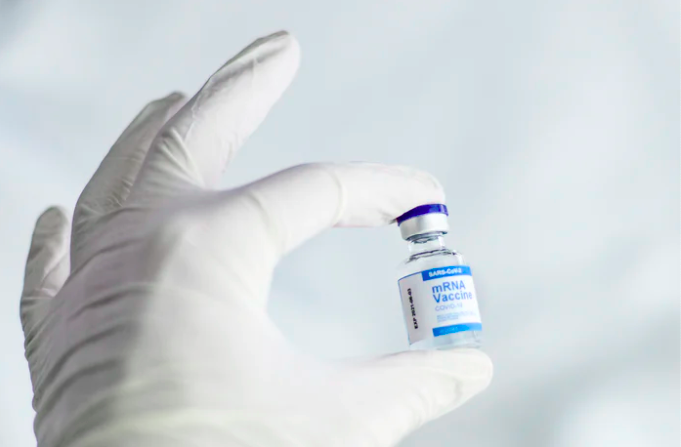
A new study showed that the Pfizer vaccine, developed in cooperation with BioNTech, seemed to affect the two shoots after a longer interval significantly.
The extended intervals show that it also boosted the helper T cells compared to shorter intervals being administered throughout the rest of the globe.
Study Shows It's Right
After what happened in Britain, despite its effort to inoculate a large proportion of its people, there were still a high number of cases that exploded after the COVID-19 delta variant had continued to spread, reported by Bloomberg.
Hence, it led medical professionals to debate how governments should further shorten the recommended interval between doses. The initial gap for administering the second jab for Pfizer was after 12 weeks, but it is now cut to eight weeks.
The research focused on looking at how the immune system responded to Pfizer's vaccine within a three-week dosage of up to 10 weeks for their next and final shot, as confirmed by the BBC.
"Eight weeks is probably the sweet spot," as told by professor Susanna Dunachie, study leader of the University of Oxford.
As the shot created a strong reaction across all results, it showed that the longer the gap between the shot can offer greater advantages.
Read also: Pfizer vs. Moderna: Comparing Two COVID-19 Vaccines from Side Effects to Storage Requirements
What's The Catch?
The clear advantages showed that the longer 10-week interval, compared to just three weeks, created and improved a better response of helper T cells to support immune memory.
However, there is still a drawback.
The study also showed a decline in antibody levels between the doses, and particularly against the delta variant. The T cells were all well maintained during the shots to get a better reading.
The study consisted of 503 U.K. healthcare workers, and over three-quarters of the volunteers were women.
It was funded by the U.K. Department of Health together with Social Care. The study was conducted by researchers from institutions such as Newcastle, Oxford, Liverpool, Birmingham, and Sheffield.
Lastly, the study was supported by the U.K. Coronavirus Immunology Consortium.
Pfizer Still A Better Option For Vaccine
There are now several vaccines that fight against the COVID-19 virus, and are directly being provided free for the most part. However, it still is proven that Pfizer works better amongst most vaccines out there.
Despite being effective, Pfizer CEO Albert Bourla still warned that we might need a third shot after being vaccinated.
We recently covered an article regarding just how Pfizer is still leading against vaccines like Sinovac.
The Pfizer vaccine is still effective against all strains of the virus, and paired with what the study has implied that an interval of eight weeks is the way to go. It would mean that the second job would even have more potency to combat COVID-19.
It all comes down to a race as to just how fast we can inoculate the entire population or at least the majority of it, against how fast COVID-19 could mutate and throw more strains at us.
This article is owned by Tech Times
Written by Alec G.




